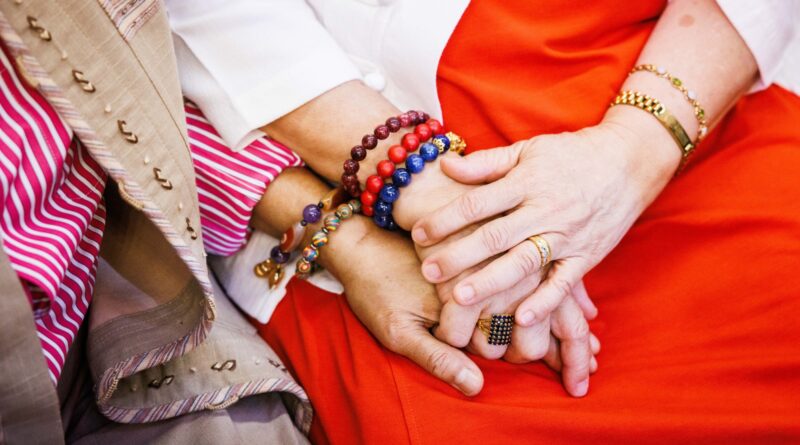Same-Sex Marriage Legalization in Thailand: A Milestone for LGBT Rights
Contents
Introduction:
The legalization of same-sex marriage in Thailand represents a significant milestone in the ongoing fight for LGBTQ+ rights and equality. With progressive steps towards inclusivity and recognition of diverse partnerships, Thailand has emerged as a beacon of tolerance and acceptance in Southeast Asia. In this article, we delve into the journey towards same-sex marriage legalization in Thailand, its impact on the LGBTQ+ community, and the broader implications for human rights and social progress.
1. Historical Context and Evolution of LGBTQ+ Rights:
Thailand has a rich cultural heritage that embraces diversity and tolerance, yet traditional societal norms have often lagged behind in recognizing and protecting the rights of the LGBTQ+ community. Over the years, there has been a gradual shift in public attitudes, fueled by activism, advocacy, and legal reforms aimed at promoting equality and non-discrimination.
2. Legalization of Same-Sex Marriage:
In 2021, Thailand took a historic step by legalizing same-sex marriage, becoming one of the few countries in Asia to do so. The passing of the Civil Partnership Act marked a watershed moment for LGBTQ+ rights, granting same-sex couples the right to register their partnerships, enjoy legal recognition, and access various rights and benefits previously reserved for heterosexual couples.
3. Impact on LGBTQ+ Community:
The legalization of same-sex marriage in Thailand has had a profound impact on the LGBTQ+ community, providing validation, visibility, and protection under the law. It has empowered individuals to openly express their love and commitment, build families, and access legal safeguards in areas such as inheritance, healthcare, and property rights. The recognition of diverse forms of relationships fosters a more inclusive and supportive society for all.

4. Social Acceptance and Cultural Shifts:
The legalization of same-sex marriage reflects broader social acceptance and cultural shifts towards embracing diversity and challenging stereotypes. It signals a departure from outdated prejudices and discrimination, promoting understanding, respect, and inclusion for individuals of all sexual orientations and gender identities. This cultural evolution is vital for creating safe and welcoming environments where everyone can thrive without fear of stigma or discrimination.
5. Global Implications and Human Rights Advocacy:
Thailand’s decision to legalize same-sex marriage resonates globally, serving as a model for other countries seeking to advance LGBTQ+ rights and human rights principles. It highlights the importance of legal frameworks that protect individuals’ rights to love and marry freely, regardless of their sexual orientation or gender identity. The advocacy efforts and progress in Thailand inspire a global dialogue on equality, dignity, and justice for all.
6. Continuing Challenges and Future Prospects:
While the legalization of same-sex marriage is a significant achievement, challenges such as societal attitudes, discrimination, and implementation issues remain. Continued advocacy, education, and awareness-raising efforts are crucial to ensure full equality and inclusion for the LGBTQ+ community in all aspects of life. Looking ahead, Thailand’s journey towards equality serves as a beacon of hope and inspiration for advancing human rights worldwide.
Conclusion:
The legalization of same-sex marriage in Thailand is a testament to the resilience, courage, and advocacy of the LGBTQ+ community and allies. It represents a crucial step towards full equality, recognition, and dignity for all individuals, regardless of their sexual orientation or gender identity. Thailand’s progressive stance on same-sex marriage sets a positive example for the region and the world, highlighting the transformative power of legal reforms in promoting human rights and social justice.




